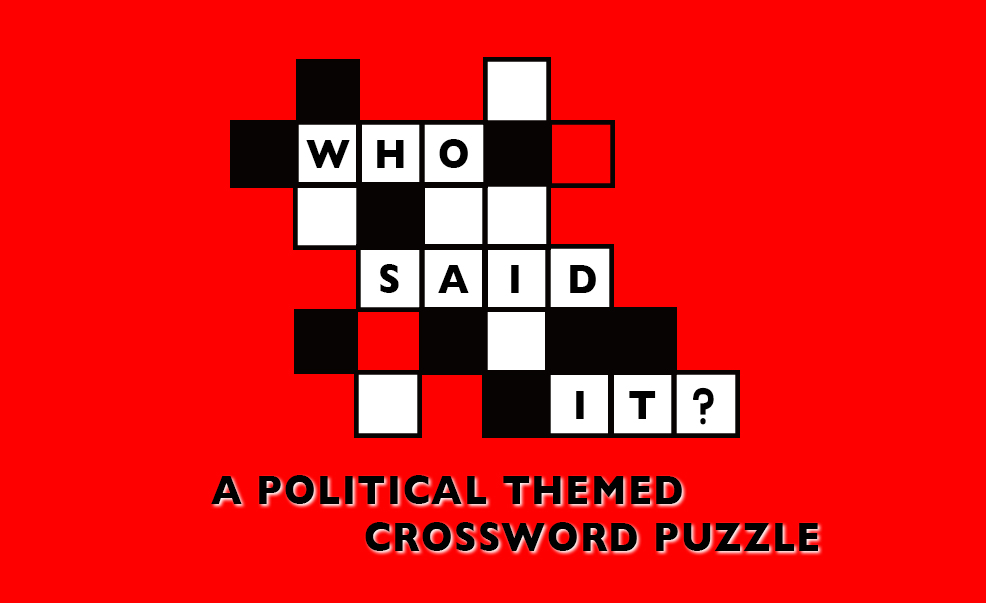by: Frederick Foote
In protest, do we not honor and reinforce the rights necessary to create a more equitable union?

For the entirety of the 2016 NFL preseason and through the first three games of the regular season, San Francisco 49er’s quarterback Colin Kaepernick, has sat or kneeled during the National Anthem. By taking a knee, Kaepernick is protesting the questionable morality and legality of the taking of black lives by law enforcement officers in the United States. Kaepernick is also protesting because he believes that in many of these instances there is insufficient or little punishment for these law enforcement officers. Kaepernick is not alone, as many people share his beliefs and concerns. About seventy-five percent of blacks, forty-five percent of Hispanics, and twenty percent of whites believe that police violence against civilians is an “extremely or very serious problem” according to a 2015 Associated Press NORC Center for Public Affairs Research poll.
The AP poll found that seventy percent of blacks believe that law enforcement officers are treated too leniently when they cause injury or death to civilians while only thirty percent of whites hold this view. Kaepernick’s protest reflects the serious concerns of significant numbers of individuals in the United States. However, there has been widespread, vociferous opposition to his protest. Two arguments in particular stand tall amongst all the backlash. The first claims that the method of Colin Kaepernick’s protest is unpatriotic. The second suggests that Kaepernick’s protests are a disruption or corruption of the game of football, in that it sows dissension between teammates and draws attention to non-football issues. Let’s take a closer look at these two very flawed arguments.
Suggesting that sitting or kneeling during the National Anthem is showing disrespect to the service men and women who defend and have defended this country follows a line of thinking that The National Anthem is an ode to our military and its achievements and sacrifices alone. However, if the anthem is just a hymn to the military, it is a very narrowly structured national anthem. The Civil Rights, Women’s Rights, Gay Rights, Anti-war, Peace, Suffrage, and Abolitionists Movements are all critical parts of making the United States more just nation. When I hear a national anthem, I see it as a tribute to a nation as a whole, and its struggle to be a fairer and less oppressive state.
A national anthem should honor protest as critical to the development of a free nation and its peoples. In this view, it is not disrespectful to protest police violence against, and the killing of, the people they are sworn to protect. I believe that a protest during the anthem is a salute to the processes and struggles that have made the United States a more humane place. In protest, we honor and reinforce the rights necessary to create a more equitable union.
It should be noted that Francis Scott Key, who wrote the lyrics to the United States’ national anthem, “The Star-Spangled Banner,” was a slave owner, rabid anti-Abolitionist and inserted language in our anthem that celebrated the terrorizing of fleeing slaves and their deaths. These “slaves” fought for the British in our Revolutionary War in exchange for their freedom:
No refuge could save the hireling and slave’
From the terror of flight and the gloom of the grave:
And the star-spangled banner in triumph doth wave
O’er the land of the free and the home of the brave.
Key missed the ironic contradictions of slaves in the land of the free, and what he wrote amounts to a death wish for those slaves who would fight to the death to be free men.
It is of fundamental importance to understand that many of our wars were not in defense of our country, but were wars of aggression, starting with the wars against the Native Americans, the Mexican-American War, the Spanish-American War, the conflict in Vietnam, the Iraq War and our military incursions into Canada, the Caribbean, and Central America. I doubt if many of us want to celebrate this aspect of our military history with an anthem.
As to the second point, that the Kaepernick protest is a disruption or corruption of the game of football, in that it sows dissension between teammates and draws attention to non-football issues, let’s remember that the playing of the National Anthem is not integral to the game. The playing of “The Star Spangled Banner” is a political statement designed to reinforce attitudes toward the nation and the military. From a different viewpoint, the playing of the National Anthem could be seen as a disruption or corruption of a sporting event. To solve the problem of anthem protest, I suggest we stop playing the anthem and just play ball.
The anthem protest by Kaepernick and other athletes, and recently the entire Howard University Cheerleading team, are effective. Without bricks or bullets or rhetoric or invective we are, hopefully, drawn into a discussion of the issues of patriotism, militarism, war, state violence against its own citizens, and the appropriate roles for sports in the United States. Professional athletes are in an excellent position to make their protest heard. We are likely to see more anthems and other protests at every level of sports and at every event where “The Star Spangled Banner” is played. Even if this results in confrontation and arguments rather than discussion, it may be the time for such confrontations to help us define who we are and what we believe.





